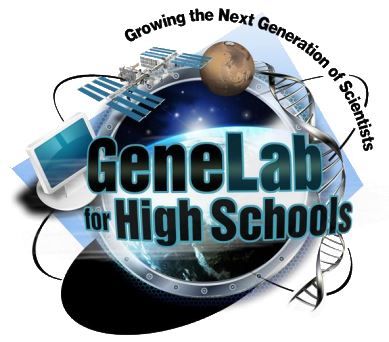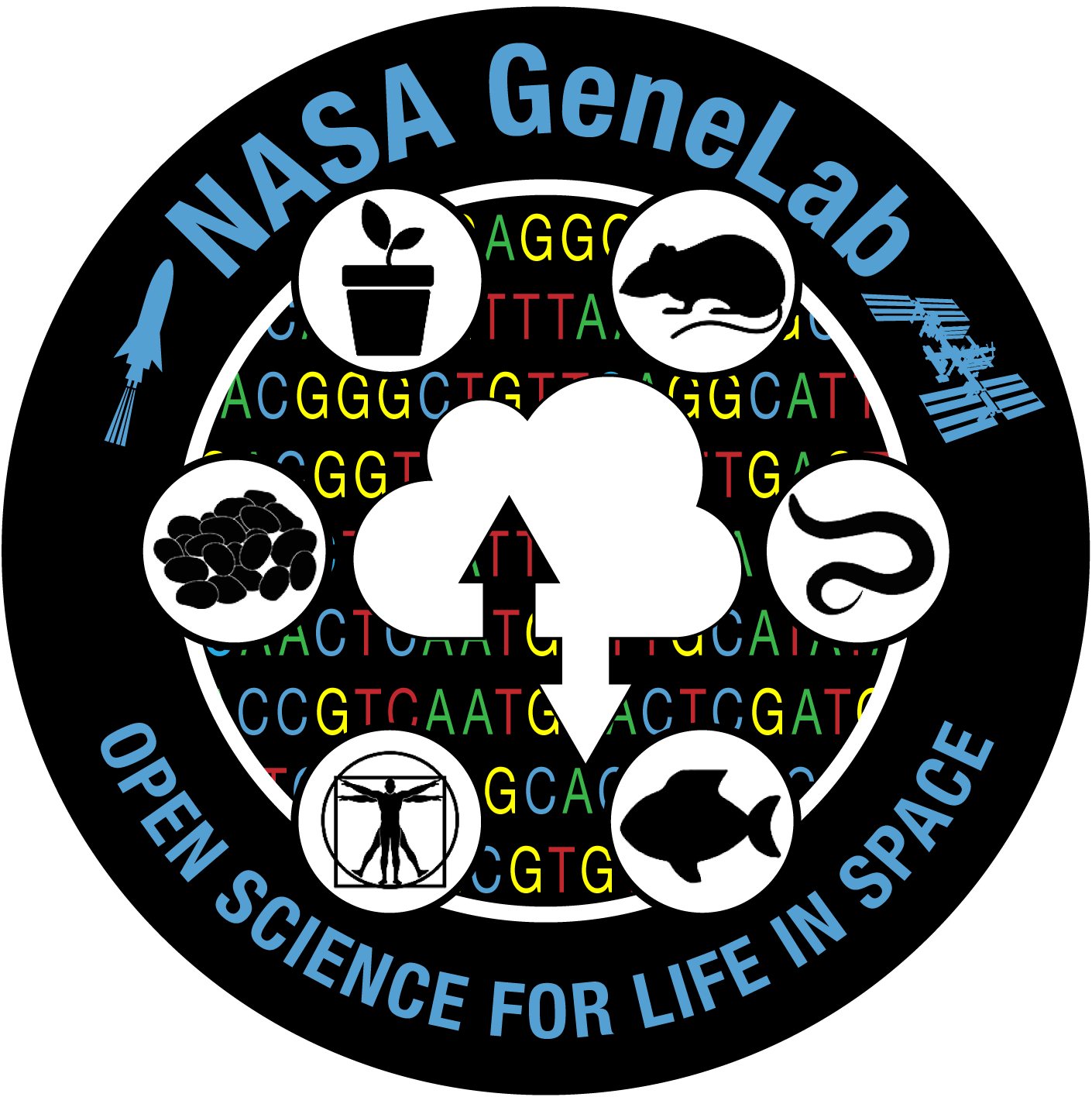
The 2023 Virtual GeneLab for High Schools Summer Training Program (GL4HS) ran from July 17, 2023 to August 11, 2023 and was led by Dr. Elizabeth Blaber of Rensselaer Polytechnic Institute. Twenty-seven high school students from across the continental U.S. participated during the intensive 4-week training program that immerses them in Space Life Sciences with a specific focus on omics-based bioinformatics research. The students were rising juniors or seniors from fifteen high schools in ten states (Georgia, California, Virginia, Texas, Washington, New Jersey, Ohio, Michigan, Arkansas, North Carolina). Two high school biology instructors from New Mexico and Oklahoma completed the program and produced lessons to incorporate aspects of the training program into their classroom teaching.
The GL4HS program consists of three core components: learning modules, networking, and a research training project. Students delved into the GL4HS program from their first day and learned topics ranging from biology and human physiology in space, to the molecular biology of gene regulation, signal transduction, and omics analysis methods. The cohort of teacher interns shared the classroom and learned the bioinformatics techniques and principles alongside the high school students. In addition to course lectures by Dr. Blaber, daily guest speakers were invited to give a 1-hour presentation on their space biology research as well as their career trajectories. Guest speakers spanned industry, academia, as well as NASA researchers. Additionally, students had an opportunity to network with individuals from various groups to include GeneLab, GL4HS alumni, American Society for Gravitational and Space Research (ASGSR) students, and more.
Finally, students were assigned the task of analyzing a GeneLab dataset, which is a part of the Open Science Data Repository (OSDR), and developing a testable hypothesis and research proposal from their analyses. Using the public Galaxy analysis platform, students normalized data and performed statistical analyses followed by pathway analysis on their data. The research proposals are the interns’ culminating projects, which they presented at the end of the program. The written proposals have been submitted and include the analyses of two Arabidopsis datasets, four mouse tissues (liver, thymus, skeletal muscle, and mammary glands), and a Drosophila study. Students are eagerly awaiting their results to find out which winners will be sponsored to present their poster at the ASGSR Conference in 2023. In parallel, the high school teacher-interns developed custom GeneLab-based bioinformatics curriculum modules to use in their own high school classrooms, which are slated for eventual public release. Informally, they also analyzed GeneLab datasets of their choosing and compared their bioinformatics analyses with those of the student interns.
To learn more about the program, please visit the GL4HS page.

